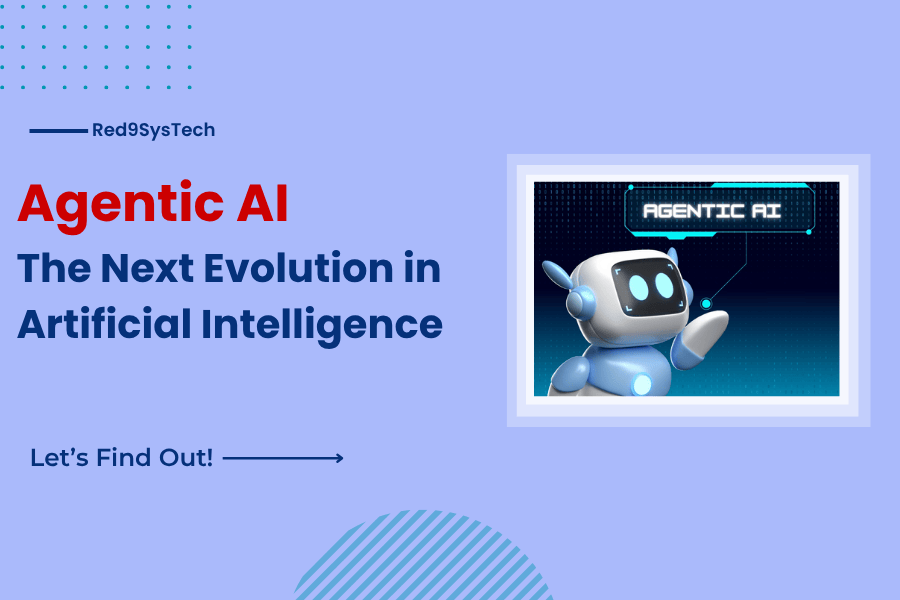Beginner’s Guide to Cloud Computing (AWS, Azure, GCP)
Cloud computing is the backbone of modern technology — powering everything from Netflix to business applications. This blog is your complete beginner’s guide to understanding what cloud computing is, how it works, and why AWS, Microsoft Azure, and Google Cloud Platform (GCP) dominate the industry.
Explore more at Red9Systech Cloud Computing Courses.
What is Cloud Computing?
Cloud computing delivers computing services—servers, storage, databases, networking, software, and more—over the internet (“the cloud”). It enables on-demand access to IT resources without upfront infrastructure investment.
Key characteristics:
On-demand self-service – Resources available when needed.
Scalability – Easily scale resources up or down.
Pay-as-you-go – Pay only for what you use.
Global access – Services are available worldwide.
Learn more about Cloud Computing on IBM Docs.
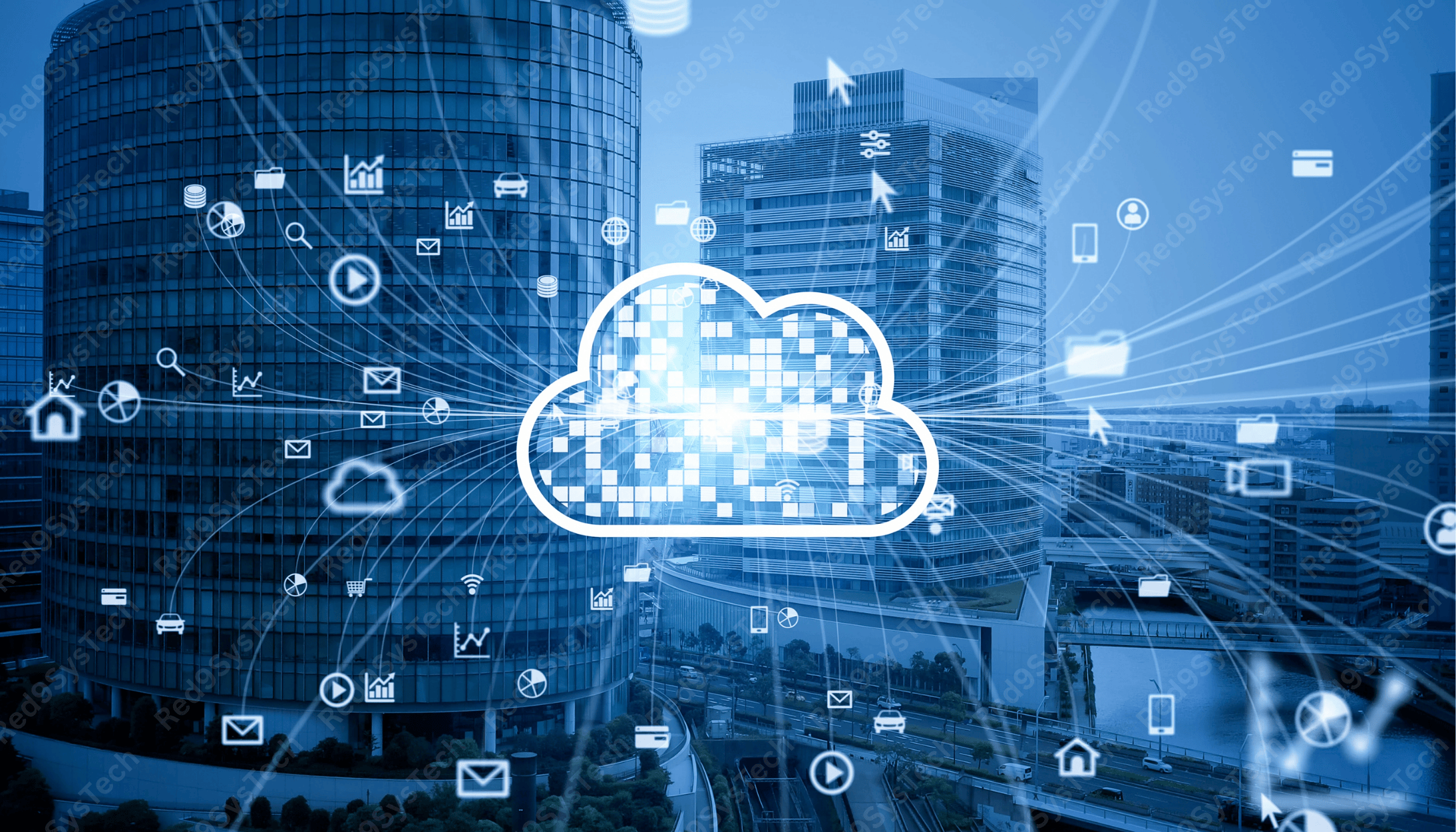
Types of Cloud Computing
Cloud computing comes in three primary deployment models:
Public Cloud – Services delivered over the public internet (e.g., AWS, Azure, GCP).
Private Cloud – Used by a single organization, offering higher control.
Hybrid Cloud – Combines public and private models.
Service models include:
| Model | Description | Example |
|---|---|---|
| IaaS (Infrastructure as a Service) | Virtual machines, storage, networking | AWS EC2, Azure VMs |
| PaaS (Platform as a Service) | Tools for developers to build apps | Google App Engine |
| SaaS (Software as a Service) | Software hosted on the cloud | Gmail, Office 365 |
Why Cloud Computing is Important Today
Cloud computing is essential because it helps:
Reduce IT costs
Speed up deployment
Support innovation and growth
Enable remote work
Improve data security and compliance
Read how companies scale using Google Cloud.
Overview of AWS (Amazon Web Services)
Amazon Web Services is the world’s leading cloud provider, offering 200+ fully featured services globally.
Popular AWS Services:
EC2 (Virtual servers)
S3 (Scalable storage)
RDS (Managed databases)
Lambda (Serverless computing)
Why choose AWS?
Market leader with largest global reach
Most mature and reliable platform
Strong support and documentation
Explore AWS Free Tier to start learning.
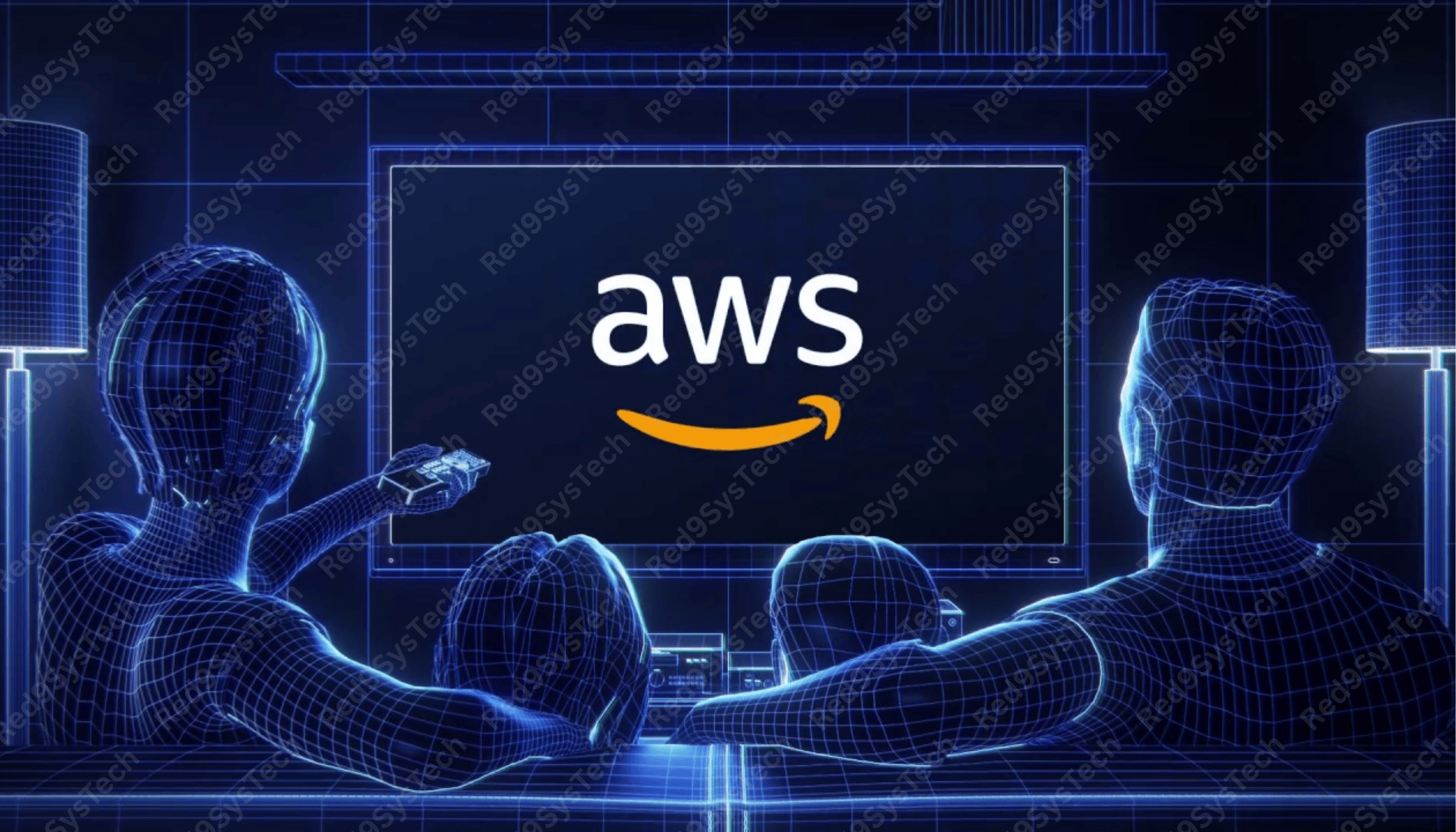
Overview of Microsoft Azure
Azure, by Microsoft, is a powerful cloud platform used by enterprises and governments.
Popular Azure Services:
Azure VMs (Virtual Machines)
Azure Blob Storage
Azure SQL Database
Azure Functions
Why choose Azure?
Seamless integration with Microsoft tools (Office 365, Windows Server)
Enterprise-grade security
Ideal for hybrid cloud setups
Learn more at Azure Documentation.
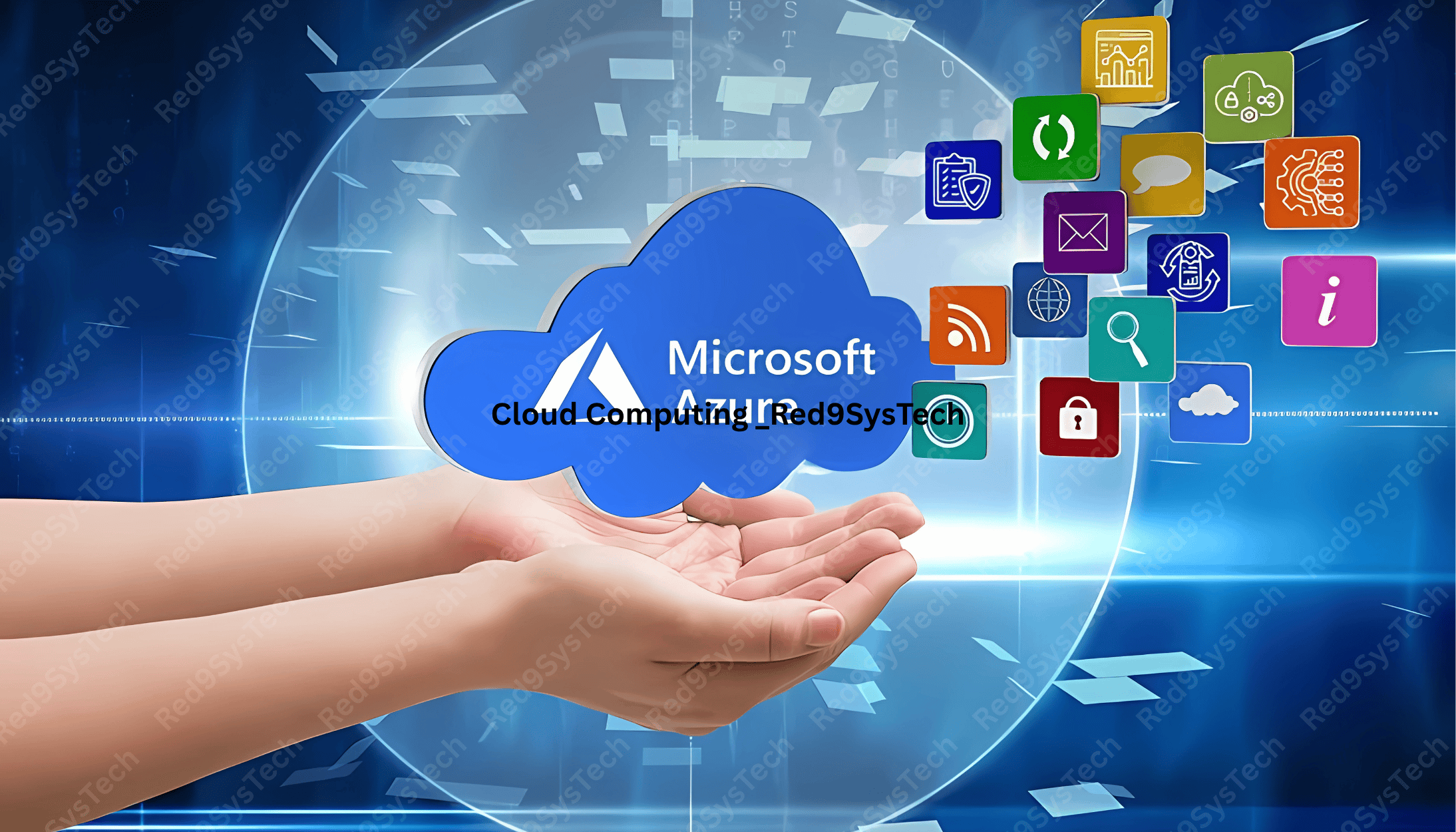
Overview of Google Cloud Platform (GCP)
GCP is Google’s cloud computing service, best known for big data, AI/ML, and container management.
Popular GCP Services:
Compute Engine
Cloud Storage
BigQuery (data warehouse)
Cloud Functions
Why choose GCP?
Superior data analytics and AI/ML tools
Advanced Kubernetes (GKE) support
Deep integration with Google products
Get started at Google Cloud Free Tier.
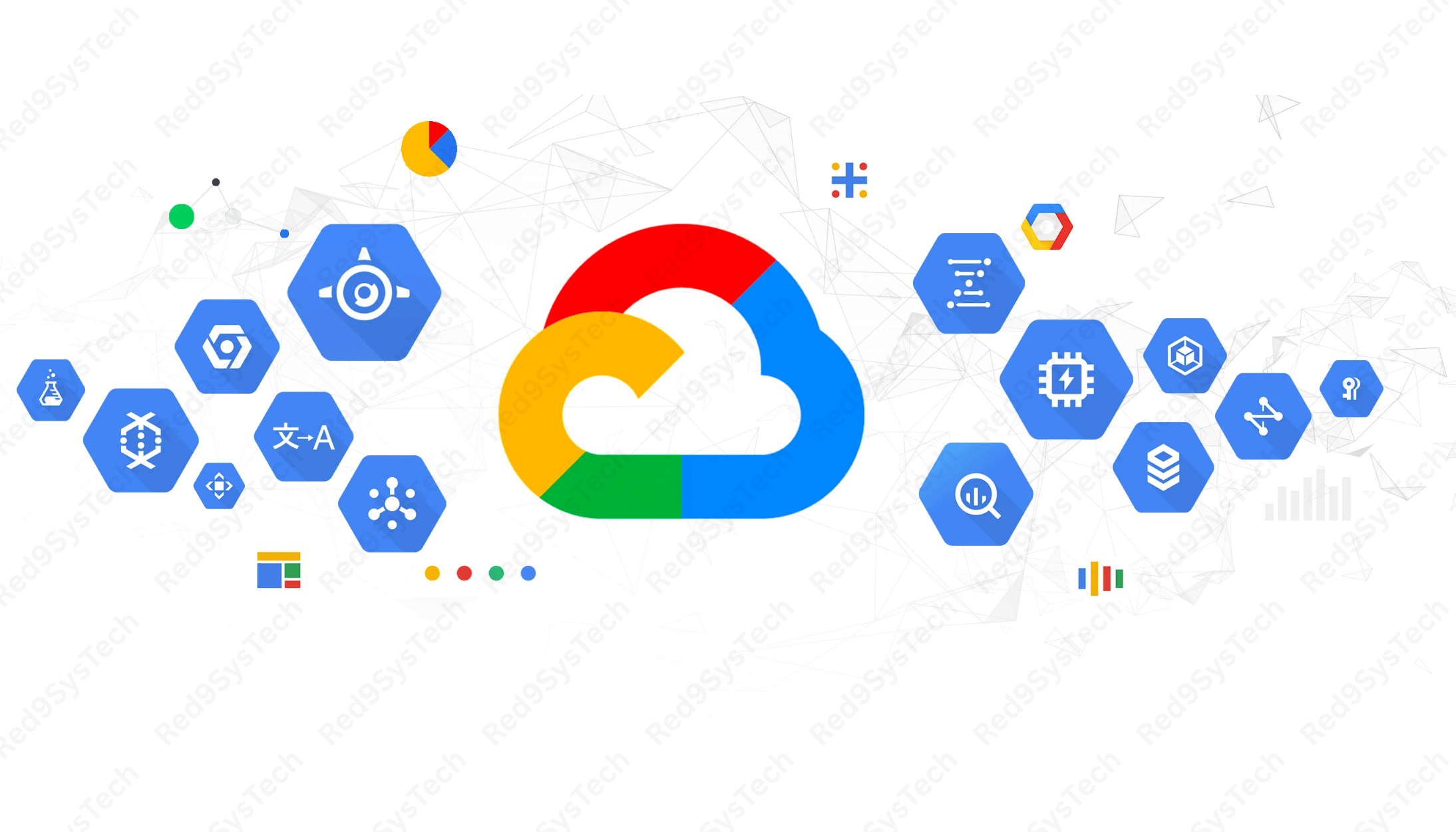
AWS vs Azure vs GCP: A Quick Comparison
| Feature | AWS | Azure | GCP |
|---|---|---|---|
| Market Share | Largest | Strong enterprise presence | Strong in AI/ML |
| Services | 200+ | 100+ | 90+ |
| Pricing | Pay-as-you-go | Flexible pricing | Competitive, often lower |
| Best For | Startups to Enterprises | Microsoft Ecosystem | AI, ML, Data Analytics |
Real-World Use Cases of Cloud Computing
Web Hosting
Host websites on AWS Lightsail or GCP Compute Engine.
Data Backup & Disaster Recovery
Automatic backups using Azure Backup and AWS Glacier.
E-Commerce
Scalable infrastructure for high-traffic stores.
Data Analytics
Big data processing using GCP BigQuery or AWS Redshift.
Mobile & Web App Development
Use PaaS like Azure App Service for rapid app deployment.
Discover use cases at AWS Cloud Case Studies.
Challenges in Cloud Computing
Security & Compliance
Sensitive data needs encryption, compliance with GDPR, HIPAA.
Downtime Risks
Outages can affect business operations.
Vendor Lock-In
Difficulty migrating between platforms (e.g., AWS to Azure).
Cost Management
Unmonitored usage can result in higher bills.
Read more on Cloud Risks – Gartner.
Challenges in Cloud Computing
Security & Compliance
Sensitive data needs encryption, compliance with GDPR, HIPAA.
Downtime Risks
Outages can affect business operations.
Vendor Lock-In
Difficulty migrating between platforms (e.g., AWS to Azure).
Cost Management
Unmonitored usage can result in higher bills.
Read more on Cloud Risks – Gartner.
How to Get Started with Cloud Platforms
Step-by-step for Beginners:
Sign up for AWS Free Tier, Azure Free Account, or GCP Free Tier
Learn basics: VMs, Storage, Networking
Try launching:
EC2 Instance (AWS)
Azure VM
GCP Compute Engine
Practice with tutorials and certifications
Start your learning with Red9Systech Cloud Training.
Certifications to Boost Your Career
Top industry-recognized cloud certifications:
AWS Certified Solutions Architect
Microsoft Certified: Azure Administrator
Google Associate Cloud Engineer
These help you gain skills and land cloud engineer roles.
Prepare for exams at AWS Certification, Azure Certifications, and GCP Training.
Conclusion
Cloud computing is transforming how businesses operate and how individuals access technology. Whether it’s AWS, Azure, or GCP, cloud platforms offer unmatched flexibility, scalability, and innovation.
By learning cloud basics, trying hands-on labs, and earning certifications, you can unlock vast career opportunities.
Begin your cloud journey with Red9Systech’s Cloud Courses.



